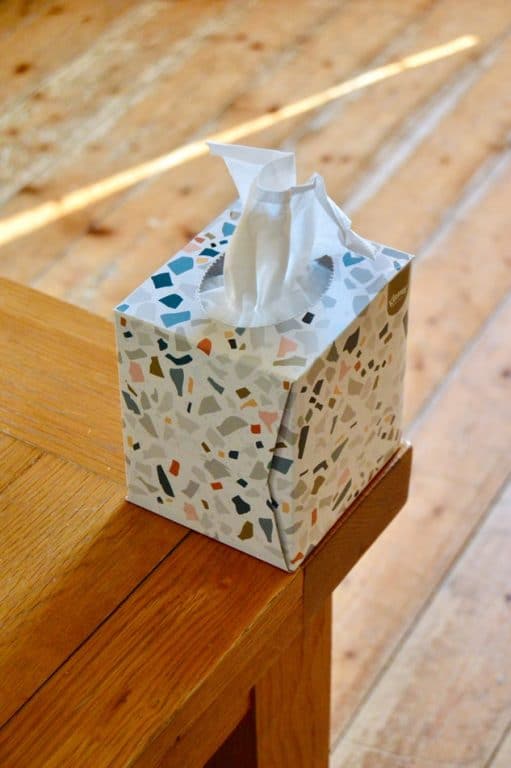
While a nosebleed may make you look like you belong at Field of Horrors, they are rarely serious. Nosebleeds occur when one of the blood vessels that lines the nose bursts. This may be the result of fragile blood vessels, infection, allergies, head trauma, foreign object in the nose or nose picking. When nosebleeds occur frequently, your or your child’s doctor may recommend cauterization.

Before cauterizing the nose, the doctor will numb the inside of your nose. They’ll then use a chemical swab or electric current to cauterize the inside of the nose, sealing blood vessels by building up scar tissue.
For three to five days after the procedure, you may experience pain and itching in the nose as well as stinging in the nose, upper teeth and upper lip. This is normal and will resolve on its own. There will also be scabs on the inside of your nose; it’s important that you do not touch or pick at them.
After your procedure, be sure to avoid:
Instead, you should:
If you do get another nosebleed after your procedure, sit upright with your head tilted forward to prevent blood from going down your throat. Pinch your nose shut for 10 minutes. Do not check to see if the bleeding has stopped before the 10 minutes is up. If you’re still bleeding, pinch it for another 10 minutes.
You should call your doctor if:
For more information about nosebleed cauterization or to schedule an appointment with an expert ENT, call Albany ENT & Allergy Services today.
To schedule an appointment, please call our office or click below to book your appointment online at one of our convenient office locations.
If you are experiencing a medical emergency, please call 911.